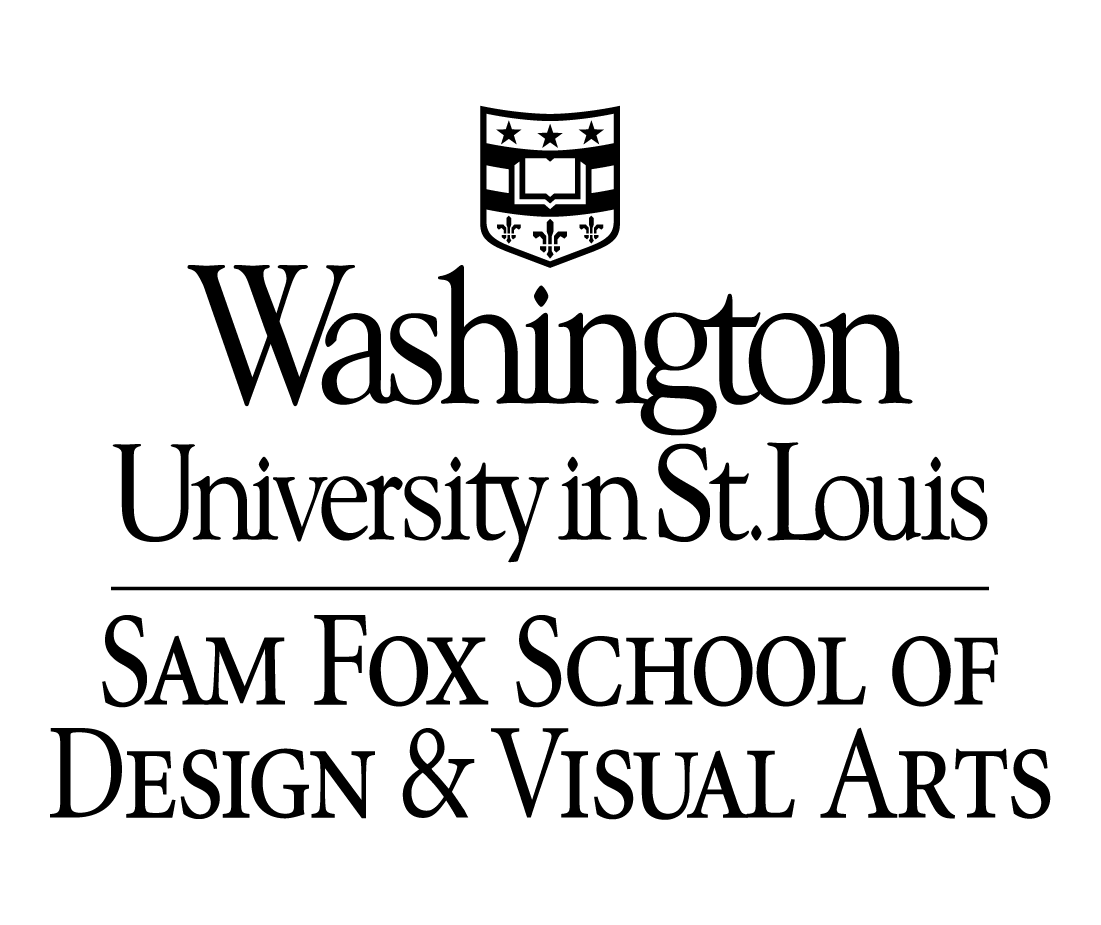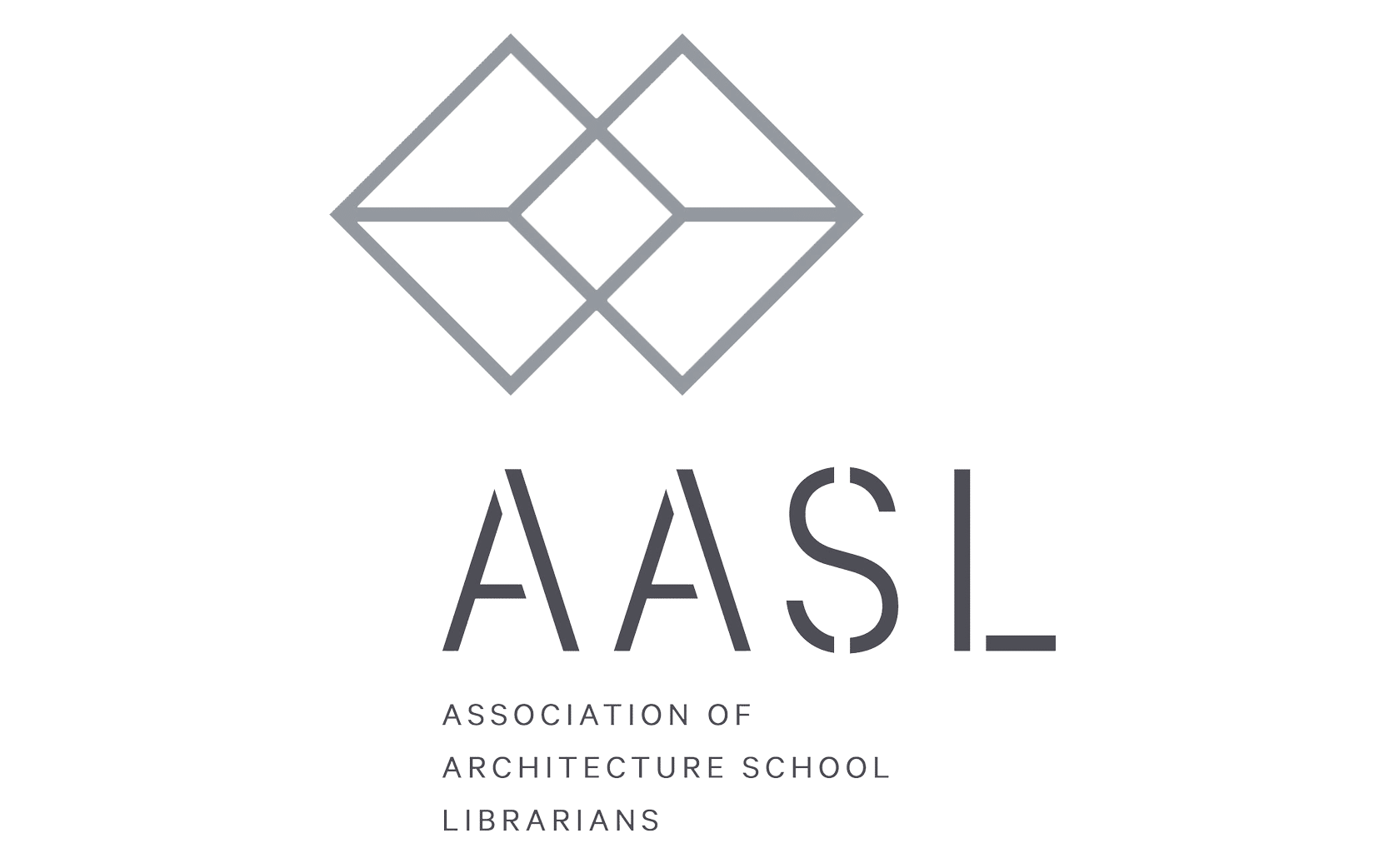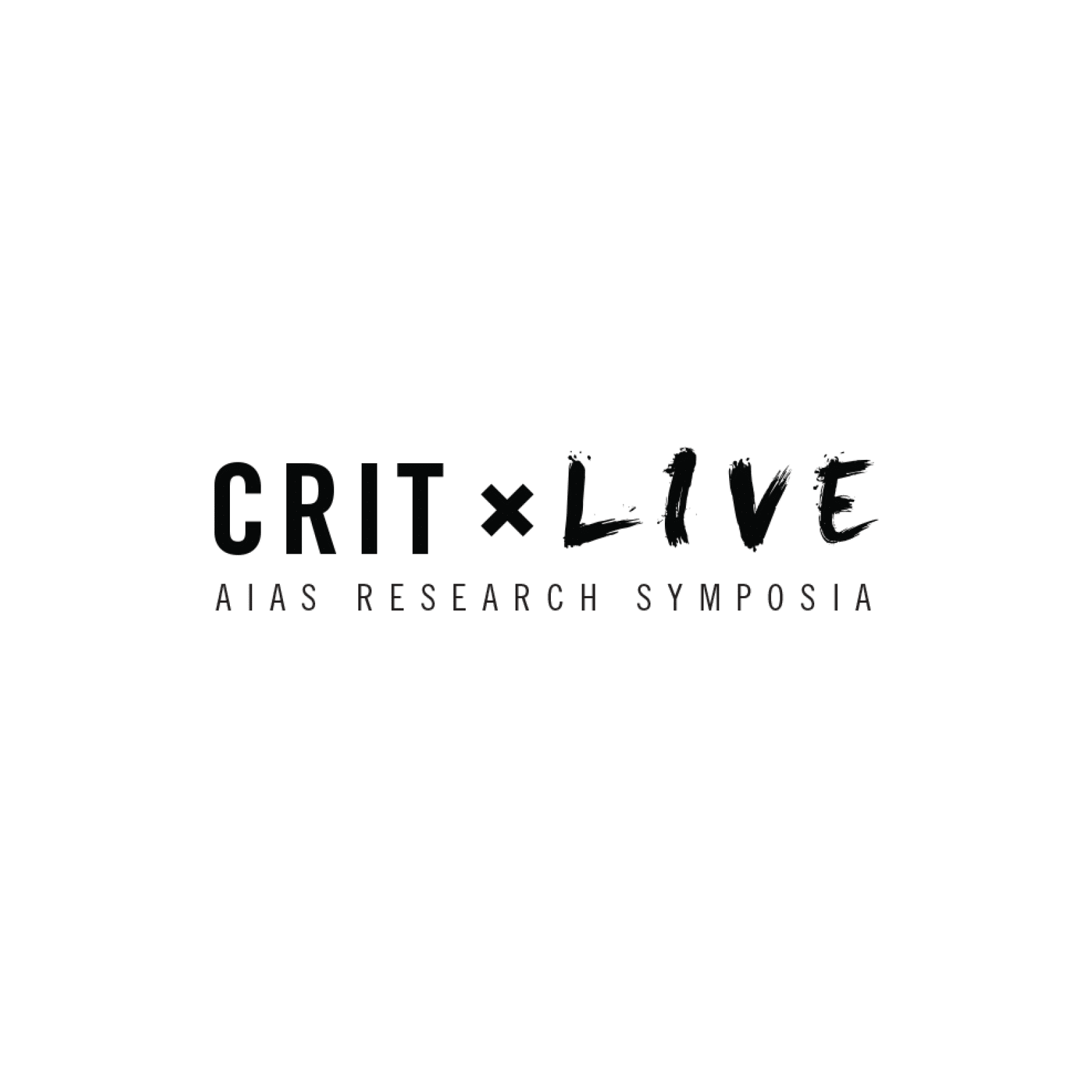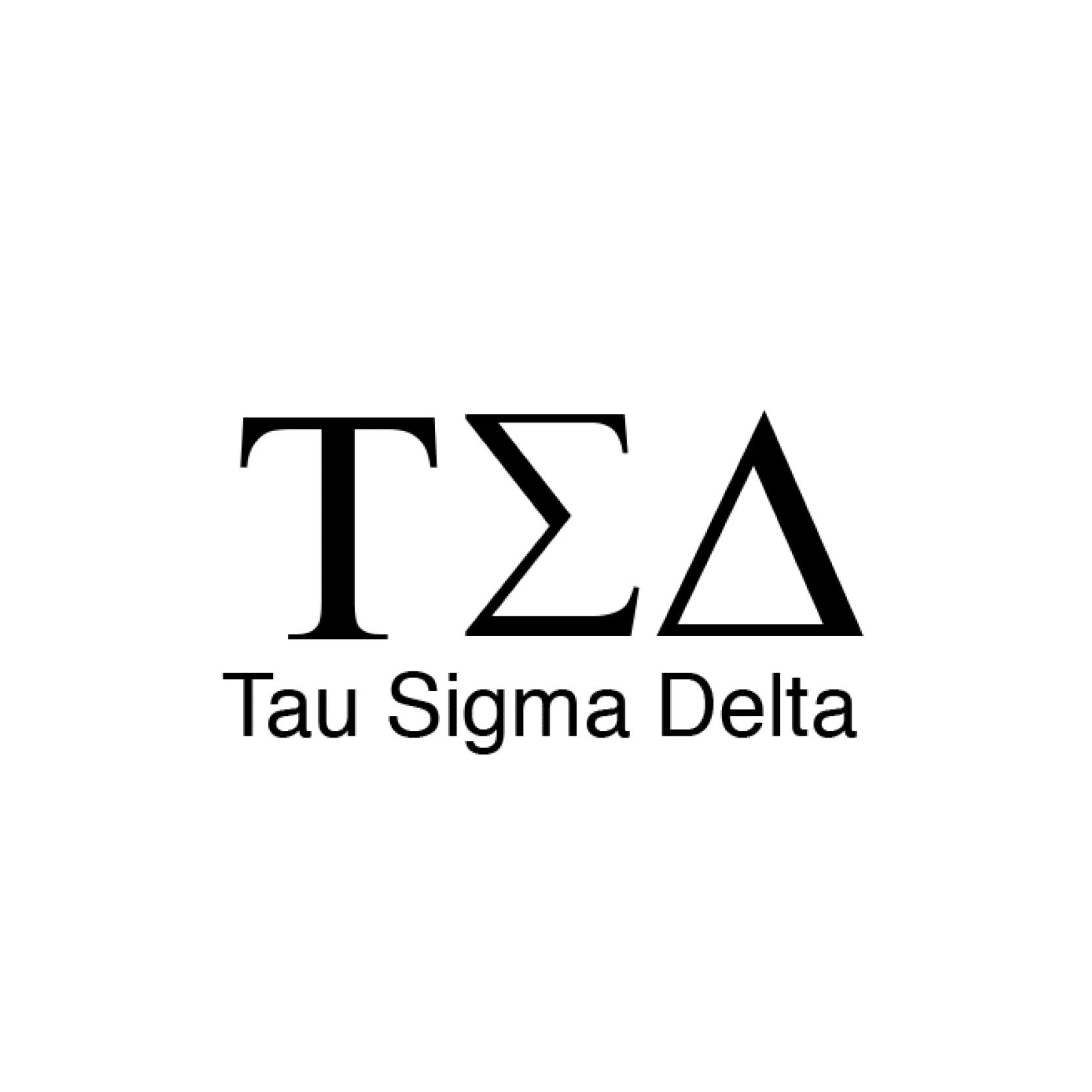Conference Overview
This year’s 109th Annual Meeting will be held virtually from March 24 – 26, 2021. The virtual conference is designed for educators, practitioners, researchers, and students to explore and discuss the latest research, ideas, and practices in architecture, education, and allied disciplines.
Theme
Expanding the View: Prospect(s) for Architectural Education Futures
Today’s architectural educators operate in a rapidly evolving social, cultural, technological and ecological milieu that expands and complicates the problem space, while introducing new possibilities for how we teach and engage our students and local communities. Conditions and expectations of our home institutions often frame our efforts, sometimes reinforcing the status quo while simultaneously demanding innovation in scholarship, teaching, and praxis. The 109th Annual Meeting of the ACSA will invoke the multivalent nature of PROSPECT as extensive view, a place from which to gain vantage enabling the act of looking forward and exploring. The conference will be a place from where we can appreciate the expanse of architectural education’s possible futures, simultaneously envision those futures through active inquiry and explore the interconnectedness of our communities. Acknowledging the seemingly inscrutable intersections that result from our contemporary context, the conference invites answers to the question:
What are the prospects for a transformative architectural education considering our evolving context and the emerging diversity of schools and communities?
Three sub-themes provide foundations for expanding our view of possible futures: effective interdisciplinarity, transformative scholarship, and equitable diversity.
Effective Interdisciplinarity: Historically, architects have tackled challenging and expansive problems in disciplinary isolation, employing a designer lens and borrowing ideas from other fields. Complex contemporary challenges in public health, social relations, and technology, to name a few, demand interdisciplinary teams that call for us to rethink how we work together to expand the solution spaces. How can we break down architecture’s disciplinary isolation to expand the prospects for transformative solutions? How can architects productively contribute to interdisciplinary teams? How do we integrate these questions and their possible answers into the classroom and the studio? How can we involve students so that future practitioners develop skills, tools, and a culture enabling effective interdisciplinary action?
Transformative Scholarship: As a group characterized as makers and doers, architectural educators often push the boundaries of traditional academic scholarship. This impactful work can change places and lives but may not always receive appropriate acknowledgement. How do we expand the definition of scholarship within the discipline of architecture to give this work equivalent standing? Can relationships between the environment and social practice help us connect globally through new models of community practice with local partners while also stressing the importance of place? Can we expand the confines of academic scholarship to include application as an accepted outcome? How can we integrate the many modes of inquiry into our curricula offering future practitioners the tools to explore and envision transformative solutions? What innovations in practice can result from careful examination of remote learning and innovation in the educational sphere?
Equitable Diversity: We understand that diversity among the body of students and faculty on our campuses offers benefits for innovation through the infusion of distinct perspectives and ideas. Yet our programs must grow to be more broadly accessible and inviting. What changes are needed to welcome and support the diverse students and faculty whose ideas and perspectives are essential to solving our most vexing problems? How might a social justice lens alter the way we teach architecture now and in the future? How can an equity lens improve wellbeing outcomes for our students? Can remote learning give new value to local conditions and new programmatic venues? How do we weave our response to diversity into our courses, curricula, and culture to embed equity and justice in architectural education to transform business as usual?
St. Louis, Missouri’s rich repository of environmental and social fabric, celebrated architectural works, and reputation as a proving ground for interdisciplinary community-embedded practices will inflect the programming of the 109th ACSA Annual Meeting. The city offers an exciting place to interrogate the themes of Effective Interdisciplinarity, Transformative Scholarship, and Equitable Diversity.
Conference Organization
ACSA is continuing the new restructured Annual Meeting. These changes were implemented to better support the needs of architecture faculty and enhance architectural education and research. With these updates, ACSA aims to create a more inclusive, transparent, and impactful program that elevates, addresses, and disseminates knowledge on pressing concerns in society through the agency of architecture and allied disciplines.
ACSA has a new 109 Annual Meeting Committee, with combined representation of ACSA members, the ACSA board and ACSA staff. The ACSA109 conference leadership is intended to increase transparency and inclusivity while keeping in mind effectiveness and maintaining rigor. The committee’s primary deliverable is the peer-reviewed content, along with themed sessions.
Steering Committee
Responsible for the non-peer reviewed content of the conference, including a theme that guides identification of plenary talks and invited panel sessions. The committee will also curate workshops, local engagement and other conference activities.
- Lynne Dearborn, University of Illinois at Urbana-Champaign
- Shannon Criss, University of Kansas
- Nichole Wiedemann, University of Texas at Austin
- Heather Woofter, Washington University in St. Louis
Reviews Committee
Responsible for overseeing the peer-review process, which includes matching reviewer’s expertise with that of the submission, as well as designating sessions and moderators. Sessions will be composed of both papers and projects, when possible, allowing for scholarly and applied research to mutually demonstrate impact and inform one another.
- Lynne Dearborn, University of Illinois at Urbana-Champaign
- Marcella Del Signore, New York Institute of Technology
- Tammy Gaber, Laurentian University
- Robert Gonzalez, Texas Tech University
- Corey Griffin, Pennsylvania State University
- Francis Lyn, Florida Atlantic University
- Mark Mistur, Kent State University
- Kate Wingert-Playdon, Temple University
Given the current public health crisis, ACSA acknowledges the likely longer-term impact of COVID-19 on architectural education futures. We encourage submissions for peer-review and special-sessions that address this topic.
Annual Meeting Topics
The Annual Meeting Committee will maintain topics year to year in order to address the diversity of our members scholarly, creative and pedagogic interests. This consistent and we hope inclusive list of topics will also ensure an annual venue for all members to submit to an ACSA conference.
Building Science & Technology
Design
Digital Technology
Ecology
Health
History, Theory, Criticism
Pedagogy
Practice
Society + Community
Urbanism
Conference Partners
Questions
Michelle Sturges
Conferences Manager
202-785-2324
msturges@acsa-arch.org
Eric W. Ellis
Sr. Director of Operations and Programs
202-785-2324
eellis@acsa-arch.org

 Study Architecture
Study Architecture  ProPEL
ProPEL 



